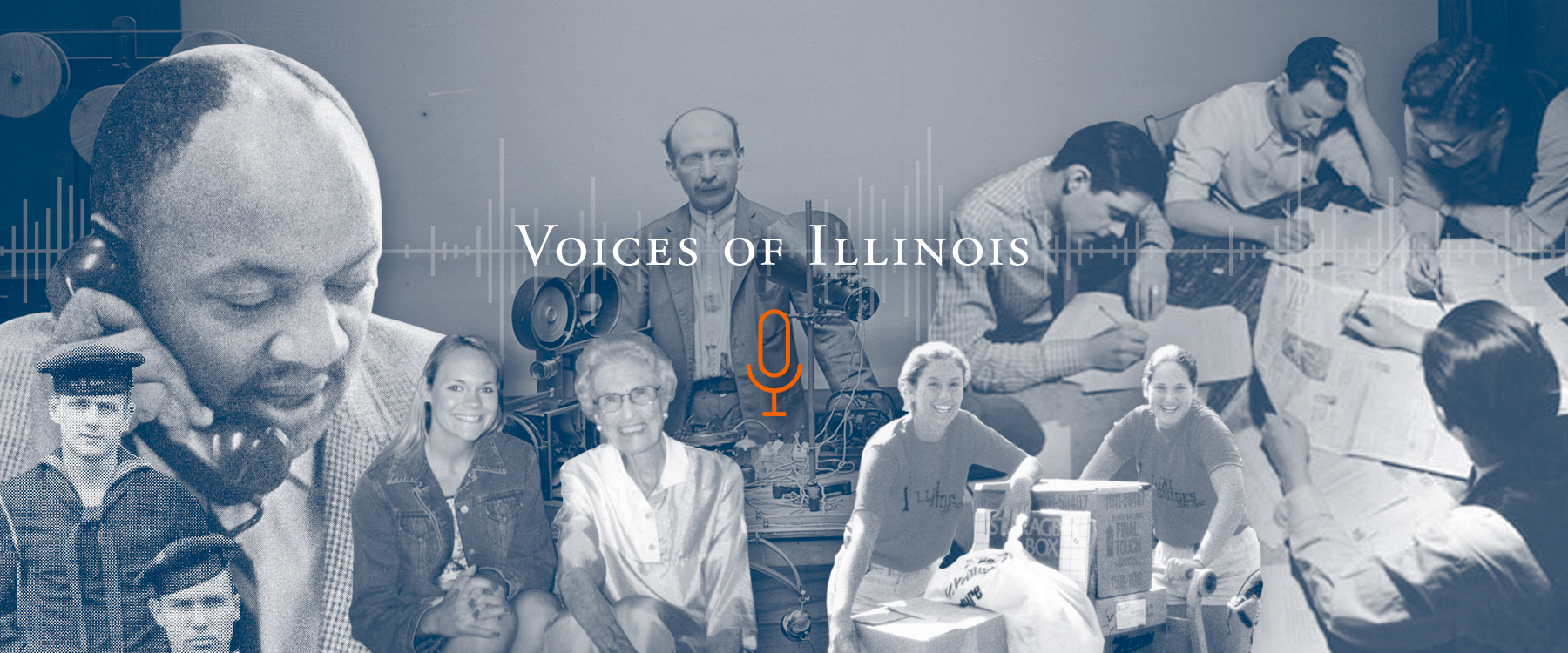The Student Life and Culture Archives periodically publishes blog posts written by students and staff. They highlight items from our collections, promote upcoming archives-related events, and share interesting anecdotes from the history of the University of Illinois.
Some of the blog posts presented on this site were originally published here, while others were migrated over from our old website. If you are having issues accessing any individual post or would like to suggest a correction, please email illiarch@illinois.edu.


